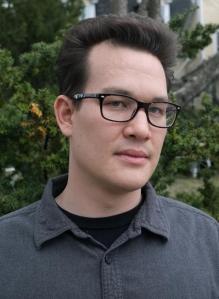The lessons of academe
A bizarre scandal emerged from the academic world this week: the strange case of Reinhart, Rogoff and Thomas Herndon, a grad student who detected major flaws in their research. The research of R&R, both professors at Harvard, had been used to justify austerity by many politicians. In a speech he gave three years ago, Britain’s Chancellor of the Exchequer, George Osborne described their work as “Perhaps the most significant contribution to our understanding of the origins of the [financial] crisis.”
The outcry has been huge, and Reinhart and Rogoff have responded with a couple of pieces in the New York Times. Their tone is interesting for being defensive and rather hurt: they start off by saying that the paper of Herndon et al was “sharply worded,” and complain that they received it just as it was being disseminated among journalists. In another blog they note that ” our feelings are not what’s important here,” a statement that, by its presence, suggests that they are.
The kerfuffle reminds me of what academia is like so I don’t know why the Harvard scholars are quite so surprised. Vividly-worded attacks and distressed self-defenses populate the academic mailing lists I’ve subscribed to in the humanities. A colleague and I once had a unfounded and quite personal accusation hurled at us by a senior professor in the UK, who suggested that our application for a small grant (worth about $300) was an attempt to get money dishonestly for personal use. Junior, powerless and attempting to establish our reputations, we were bewildered by the attack, only later realizing that when the stakes are low passions run especially high. Since the work of R&R had implications that went far beyond the academic world, the tenor of Herndon et al‘s response ought not to have been so astonishing.
One of the most important lessons I gained from my own academic experience was never to assume anything. No matter how learned and austere a person may seem, it’s never worth taking his or her statements as a given truth. Whoever is right or wrong in this particular debate, it’s heartening that Herndon – a student at a non-Ivy league college, who was far below Reinhart and Rogoff in terms of academic status – had the temerity and self-belief to challenge them. However, it is worrying that he was the first to do so, and a salutary reminder to us all that we shouldn’t ever hesitate to question our elders and betters.
